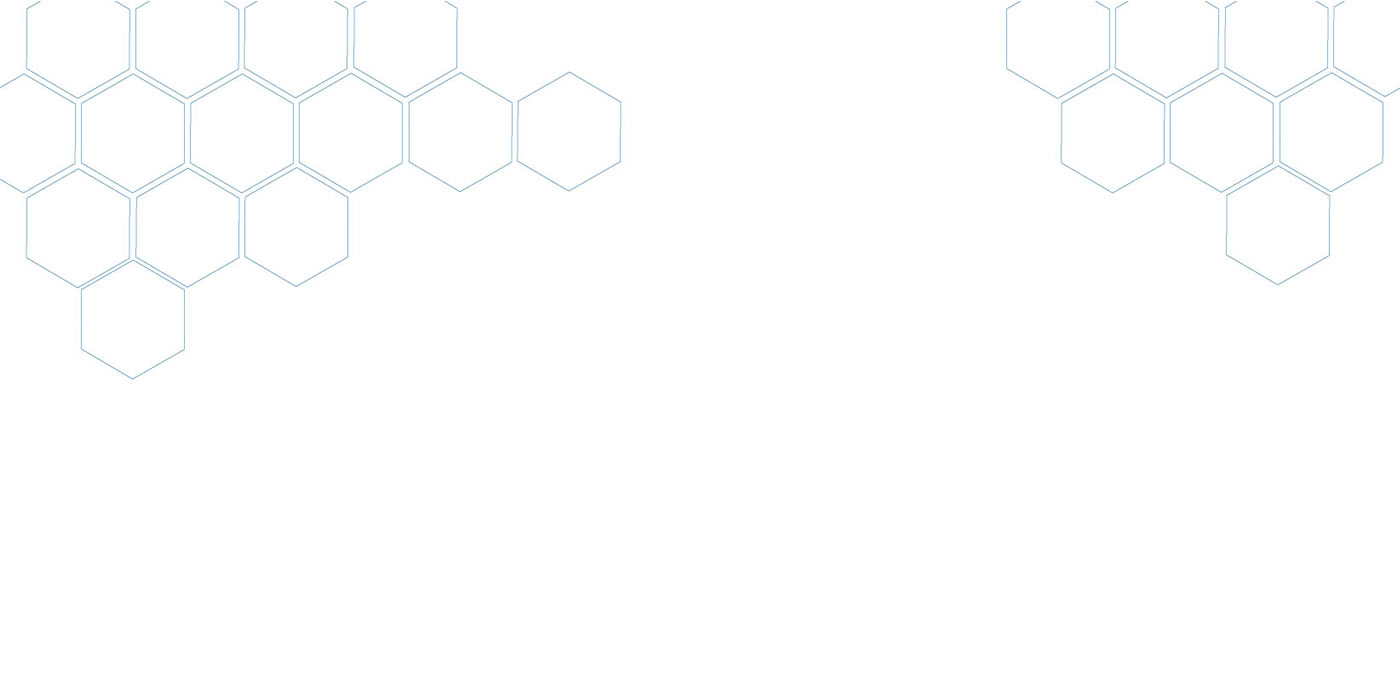NSF Grant Supports Center's Development of Tablet-Based Teacher Portfolio
Efforts to improve teaching have historically been hampered by the lack of high quality information to evaluate and improve instructional practice. A team of researchers from UCLA, RAND, and the University of Notre Dame's Center for STEM Education have received a grant for over $1.5 million from the National Science Foundation (NSF REAL) to develop, deploy, and evaluate a new generation of a teacher portfolio instrument using a tablet platform.

The project is a collaboration between a multidisciplinary team of experts in assessment, science education, and technology aimed at helping researchers and practitioners monitor, assess, and improve instruction in middle school science classrooms aligned to the Next Generation Science Standards (NGSS). Building on prior successful portfolio systems, the new electronic portfolio platform will be developed and tested using a mixed methods validation study. A sample of 40 volunteer middle school science teachers will be selected for participation from a partnering large urban school district. Teachers will collect evidence of their instruction using the electronic portfolios, and this evidence will be assessed by a group of experienced raters and experts using a set of guidelines of instructional practice aligned to the Next Generation Science Standards. Advanced quantitative methods, including multifaceted generalizability theory, factor analysis, and hierarchical linear models, will be used to assess the properties of portfolio data against other teacher measures and student measures. This evidence will be complemented with in-depth qualitative analyses of portfolio contents, and debriefing interviews with participant teachers and reviewers.
The proposed tool can constitute a breakthrough in the study of teaching by combining multiple modes of data collection and communication to open an unprecedented window into science instruction. In the context of current education policies, the platform holds great promise for supporting efforts to improve teaching by 1) providing rich, reliable and valid information about instruction; 2) enabling pertinent and useful feedback and mentoring to teachers to help them align their instruction to the goals of the NGSS; 3) engaging teachers in extended and meaningful self-reflection along these same goals; and 4) offering an integrated, formative, evidence-based approach to teacher induction, evaluation, and professional development, potentially improving teacher buy-in and perceptions of fairness.
The University of Notre Dame's Center for STEM Education's, Dr. Matt Kloser, is serving as Co-PI on this three year grant. The Notre Dame Center for STEM Education conducts and translates research into practice to improve the quality of STEM teaching and learning for K-20 students, especially those from under-served backgrounds.


